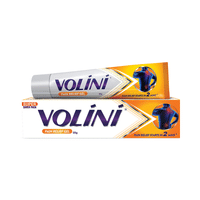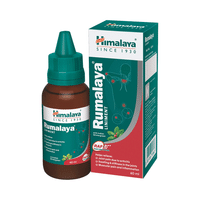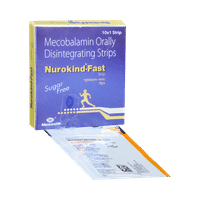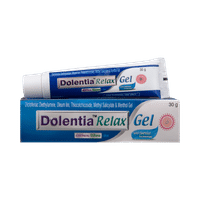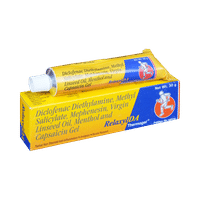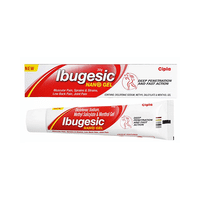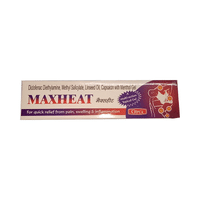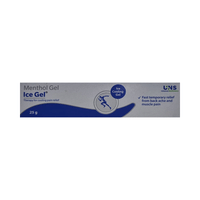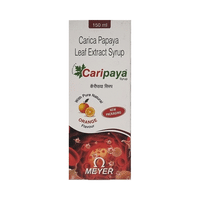Rs.13.70for 1 strip(s) (10 tablet dt each)
food interaction for Ginim Tablet DT
alcohol interaction for Ginim Tablet DT
pregnancy interaction for Ginim Tablet DT
lactation interaction for Ginim Tablet DT
food
alcohol
pregnancy
lactation
Ginim 100mg Tablet DT should be taken with or after food.
None
None
CAUTION
It is unsafe to consume alcohol with Ginim 100mg Tablet DT
UNSAFE
Ginim 100mg Tablet DT is highly unsafe during pregnancy. It can cause serious harm to the unborn baby, including birth defects and pregnancy loss. Do not use this medicine if you are pregnant or planning to become pregnant.
UNSAFE
Ginim 100mg Tablet DT is unsafe to use during breastfeeding. Data suggests that the drug may cause toxicity to the baby.
UNSAFE
SALT INFORMATION FOR Ginim 100mg Tablet DT
Nimesulide(100mg)
Ginim tablet dt uses
{med_name} is used for pain relief and fever.
How ginim tablet dt works
Ginim 100mg Tablet DT is a non-steroidal anti-inflammatory drug (NSAID). It works by blocking the release of certain chemical messengers that cause pain and inflammation (redness and swelling).
Common side effects of ginim tablet dt
Increased liver enzymes, Vomiting, Nausea, Diarrhea
SUBSTITUTES FOR Ginim Tablet DT
53 Substitutes
53 Substitutes
Sorted By
 Rs. 97.08pay 601% more per Tablet DT
Rs. 97.08pay 601% more per Tablet DT Rs. 85.97pay 515% more per Tablet DT
Rs. 85.97pay 515% more per Tablet DT Rs. 111.83pay 435% more per Tablet DT
Rs. 111.83pay 435% more per Tablet DT Rs. 20.63pay 47% more per Tablet DT
Rs. 20.63pay 47% more per Tablet DT Rs. 50.63pay 263% more per Tablet DT
Rs. 50.63pay 263% more per Tablet DT
Expert advice FOR Ginim Tablet DT
- Take it with food or milk to prevent an upset stomach.
- Take it as per the dose and duration prescribed by your doctor. Long term use may lead to serious complications such as stomach bleeding and kidney problems.
- Inform your doctor if you have a history of heart disease or stroke.
- Avoid consuming alcohol while taking Nimesulide as it can increase your risk of stomach problems.
- Your doctor may regularly monitor your kidney function, liver function and levels of blood components if you are taking this medicine for long-term treatment.
Frequently asked questions FOR Ginim 100mg Tablet DT
Nimesulide
Q. Is Ginim 100mg Tablet DT an antibiotic?
Ginim 100mg Tablet DT is not an antibiotic, it belongs to the class of medicines known as non-steroidal anti-inflammatory drugs (NSAIDs; pain-relieving drugs) which help in relieving pain associated with various conditions.
Q. Can I take Ginim 100mg Tablet DT with paracetamol?
Ginim 100mg Tablet DT and paracetamol belong to the same class of medicines known as non-steroidal anti-inflammatory drugs (NSAIDs; pain-relieving drugs). Taking the two medicines together is not advisable as it may increase the potential for gastric ulceration and bleeding. However, please consult your doctor before using the two medicines together.
Q. Is Ginim 100mg Tablet DT safe?
Ginim 100mg Tablet DT is safe to use if taken at the prescribed dose and duration advised by your doctor.













